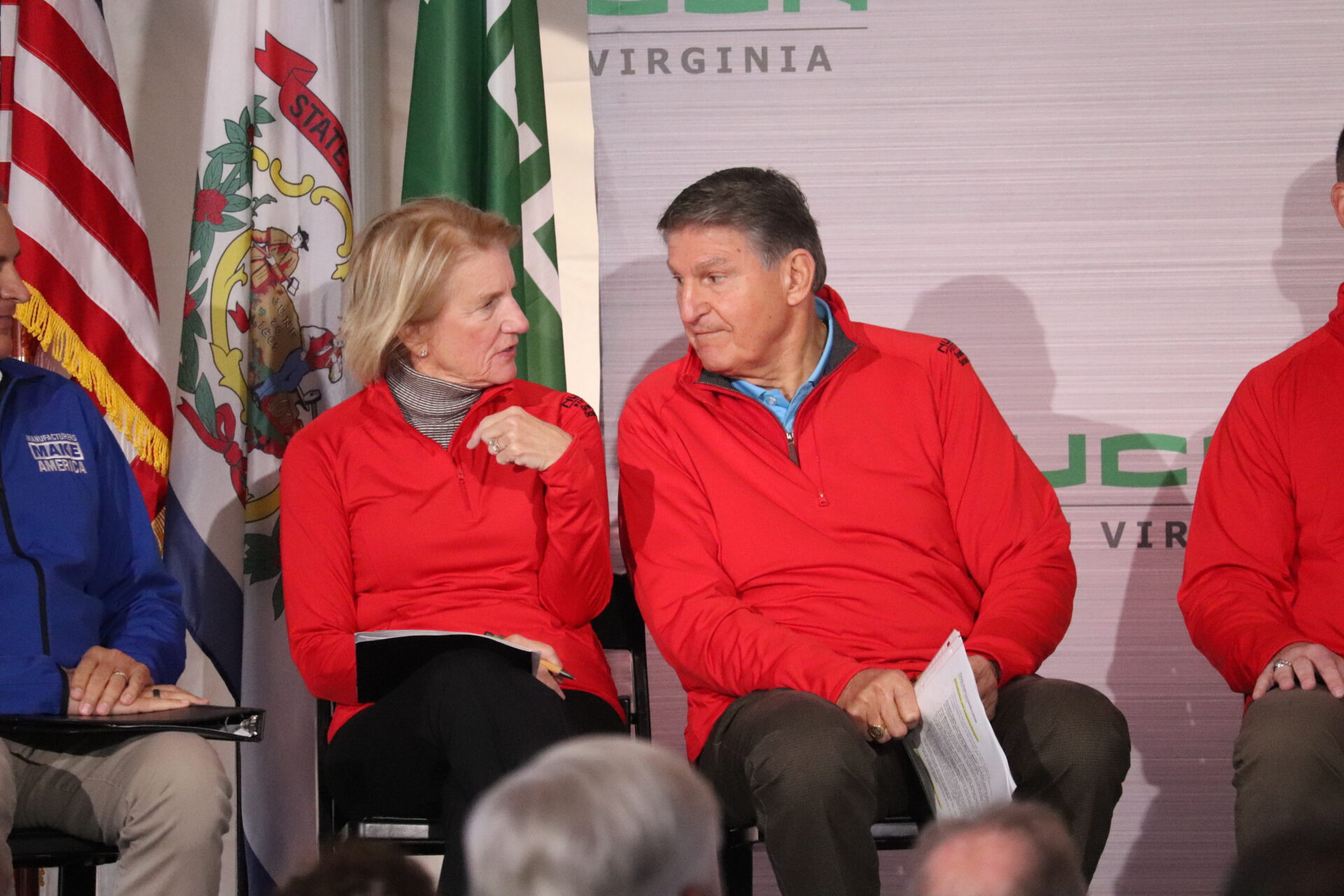Democratic presidential candidate Bernie Sanders has told voters in coal-producing Kentucky that it’s possible to be a friend of coal miners and a believer in climate change and the need for cleaner energy sources to combat it.
In blunt terms rarely heard in Kentucky’s political circles, the Vermont senator said Sunday on a stop in Kentucky that bold action is needed to confront the dangers from climate change. That course of action should include turning away from fossil fuels to curb greenhouse gas emissions blamed for global warming, he said.
“Climate change is real,” Sanders told a crowd of supporters during a speech on Sunday in Louisville. “Climate change is caused by human activity. And climate change is causing devastating harm in our country and throughout the world.”
Sanders said he recognizes that many Kentuckians have long relied on coal mining to support their families.
“So let me be as clear as I can be, coal miners … are not my enemy,” the senator said. “Workers in the fossil fuel industry are not my enemy. Climate change is our enemy.”
Sanders vowed to help communities tied to coal and other fossil fuel industries in the transition toward clean energy production.
The development of wind, solar and other sustainable energy sources will create jobs, as will modernizing the nation’s electricity grid, he said. He pledged support for expansion of high-speed broadband service in rural regions.
“Here is my promise as we transition away from fossil fuel: we will not abandon communities that have relied on fossil fuel jobs,” he said. “We will rebuild those communities.”
Republicans made dramatic inroads in Appalachian “coal country” by tying the coal industry’s declines to increased regulations introduced during former Democratic President Barack Obama’s tenure.
Republican Donald Trump’s enthusiasm for coal helped make that region one of his most fervent bases of support as Trump racked up big wins in West Virginia, Kentucky and other states in 2016 en route to winning the presidency.
Republican National Committee spokesman Kevin Knoth said Sunday that Sanders’ platform would devastate Kentucky in part by eliminating the coal industry.
Sanders warned that failure to combat climate change will result in more extreme weather and more suffering.
“Future generations deserve a planet that is healthy and is habitable, and we have the moral responsibility to make sure that they have that kind of planet,” Sanders said.
